During the election campaign, Bulgarian patriotic political formations raised the question of whether the Bulgarian state authorities were interested in the consequences for the country in the construction of the Istanbul Canal in Turkey. The facility located 220 km. from the Bulgarian border will duplicate the Bosphorus. The artificial sea-level waterway from Karaburun on the Black Sea to Lake Küçükçekmece on the Marmara Sea will be 45 km long. Its width will be up to 150 meters outside the reservoirs, and its depth - 21 meters, according to kanalistanbul.gov.tr. Without giving details, the portal informs about a number of design studies.
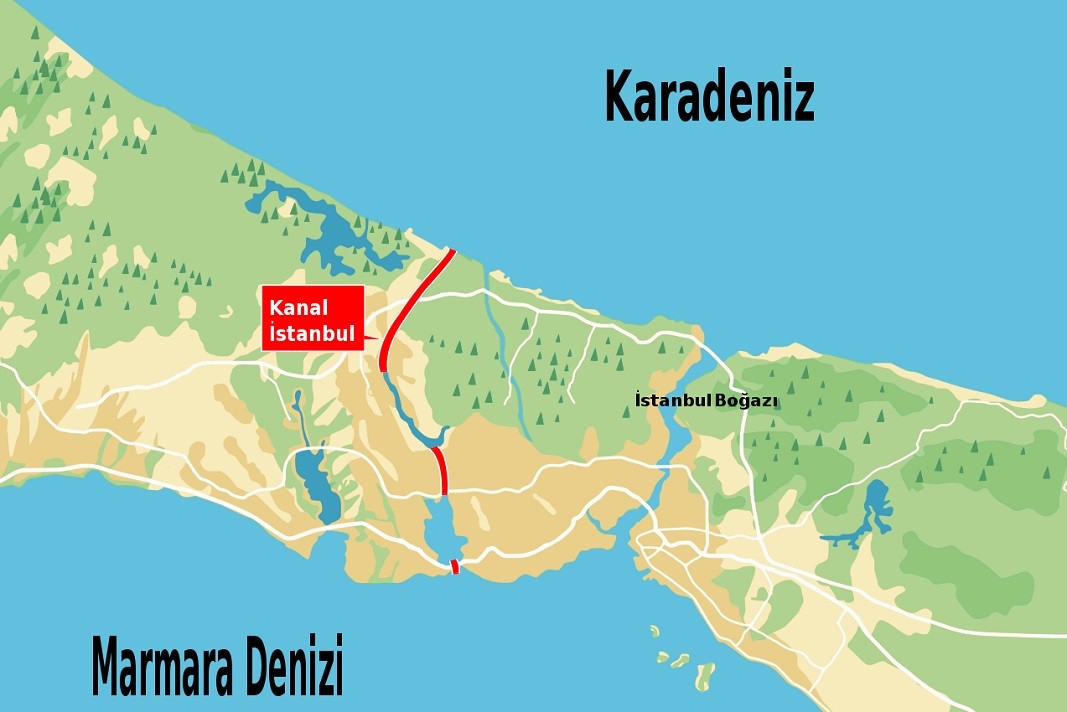
What are the possible impacts of the project on the Black Sea and the region?
There will undoubtedly be regional consequences from the construction of the canal, commented for Radio Bulgaria Assoc. Prof. Vladislav Karamfilov from the Institute of Biodiversity and Ecosystem Research of the Bulgarian Academy of Sciences. The unclear final parameters of the project do not allow scholars to say what exactly they will be. But due to the cycle of currents in the Black Sea, which carry the waters from the Bulgarian coast to the Bosphorus, he does not expect significant consequences for Bulgaria.
Hardly does anyone have a clear idea whether such a project is beneficial for Bulgaria or harmful, said to Radio Bulgaria Prof. Marin Rusev, who teaches foreign studies, world economy, sustainable development and geopolitics at Sofia University "Saint Climent Ohridski”/ According to him, it could be expected that from an environmental, political and commercial point of view there would be many benefits for Bulgaria.
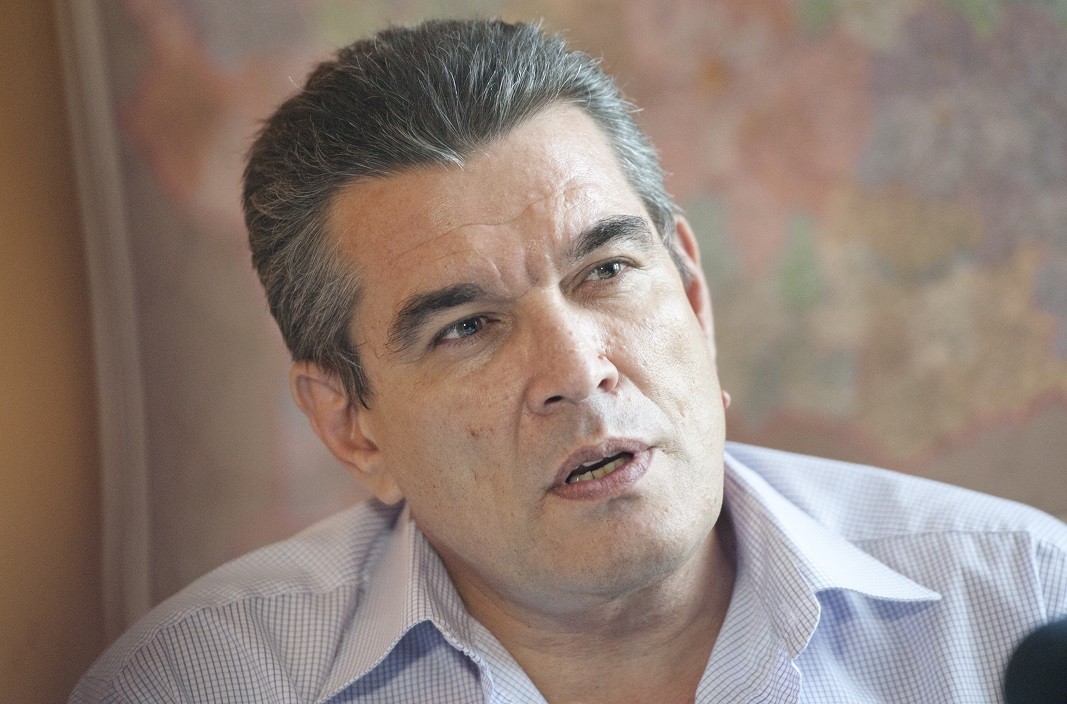
"Many non-governmental Turkish organizations are challenging the project. Some of the arguments, especially the ecological ones, are doubtful”, says Prof. Rusev. “They claim that there will be a change in salinity, that hydrogen sulfide will penetrate the waters. If hydrogen sulfide does not penetrate at this depth of the Bosphorus in the other part of the Mediterranean, it will not penetrate through this channel. Not to mention that we do not know what water movement a ready-made canal will cause. There will certainly be some consequences, even environmental ones. But they will hit Istanbul and the local flora and fauna much harder, within a limited radius. In no case can we talk about severe changes related to the Black Sea. I even suspect that it will be another place to dump the garbage that has accumulated in the surface parts of the Danube for decades. That is the serious problem for the Black Sea, in my opinion. "
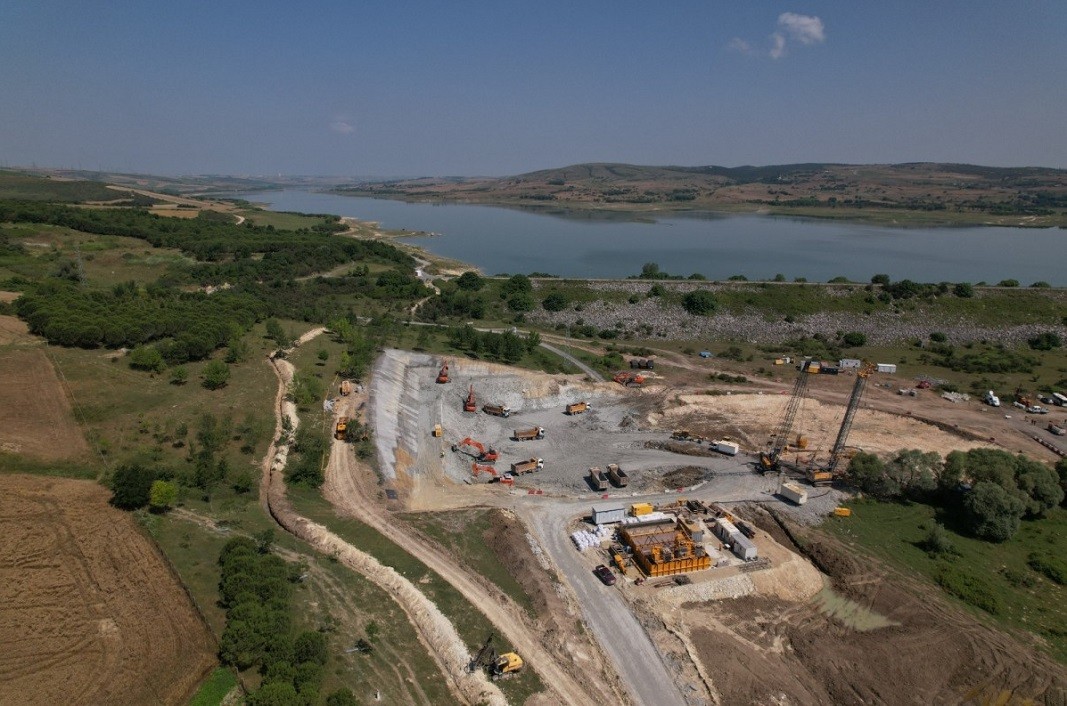
In 2011, Turkish President Recep Tayyip Erdogan presented the Istanbul Canal project aimed at easing traffic on the Bosphorus. However, the journalist Tayfur Husseinov from obzornews.bg believes that the numbers say otherwise. "In 2006, according to official statistics, there were just over 50,000 ships crossing the Bosphorus. In the following years, the number tends to decrease," he said.
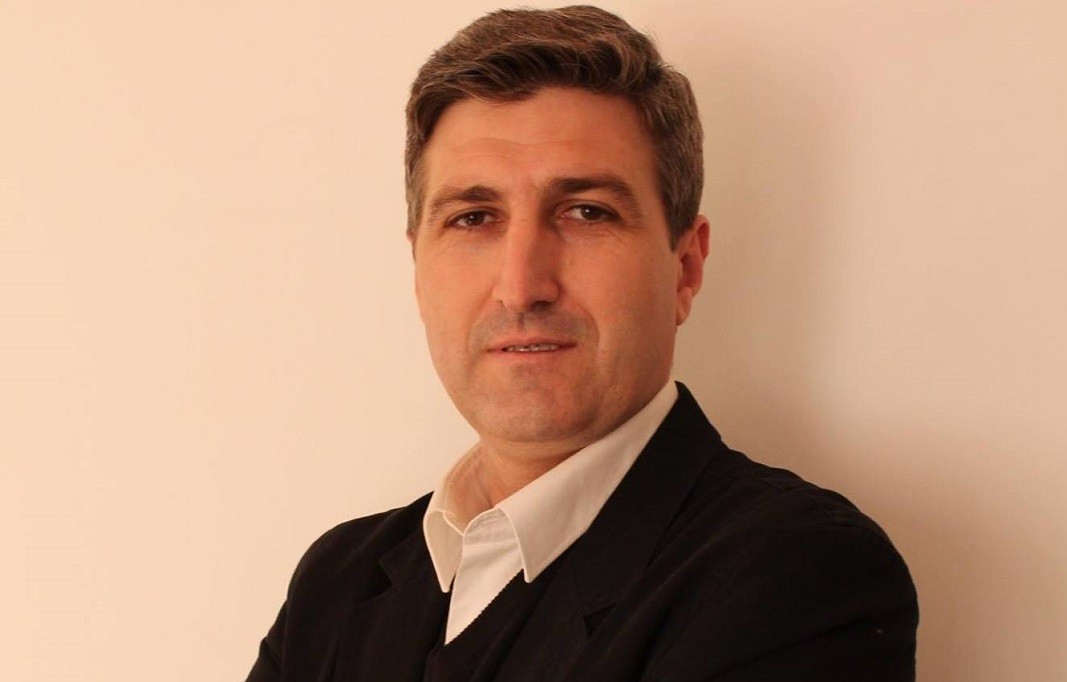
“A large part of the citizens of Istanbul fear the consequences of the construction of the Istanbul Canal, as an island will be created in the historic part of the city. The considerations are both domestic and environmental, and we must not forget that Istanbul is in a seismic zone. There is no exact assessment of the consequences. The opposition, in the person of the mayor of Istanbul, also opposes the project and presents it as a betrayal to the city.
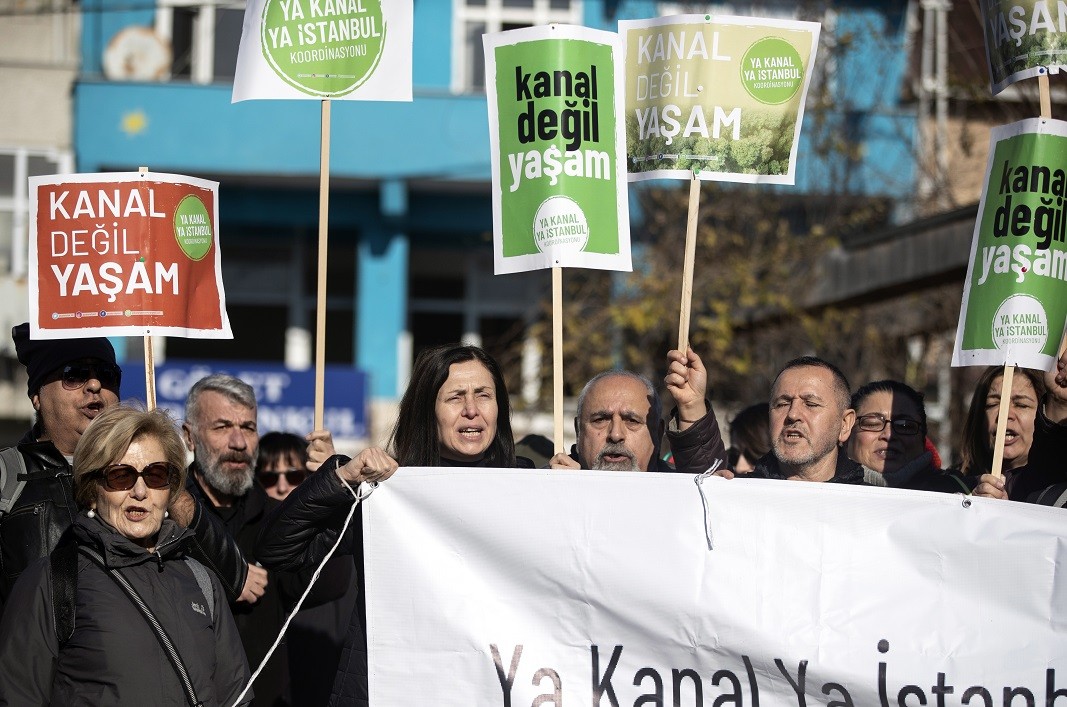
Experts expect mostly problems with the drinking water of the Turkish metropolis, as almost 1/3 of it is supplied from reservoirs along the new canal. The flora in this area is richer than some countries such as the Netherlands and England. The canal itself is much longer than the Bosphorus. It is expected that the price for a passing ship will be much higher and it does not make sense for them to pass from there. If Erdogan manages to win the elections in 2023, he will certainly aim to complete the channel," Tayfur Husseinov predicts.
English version Rositsa Petkova
Photos: EPA/BGNES, uab.gov.tr,At the Bulgarian Embassy in London, Prof. Bettany Hughes presented excerpts from the new BBC series - Wonders of Bulgaria. Prof. Bettany Hughes is the author of two episodes of the documentary. Hughes is a historian, writer, author of..
According to the Annual Report on the Health Status of Bulgarian Citizens for 2023, t he main cause of death in Bulgaria is diseases of the cardiovascular system (61.1%), followed by oncological diseases (16.5%) and diseases of the respiratory system..
In the week of St. Andrew’s Day (also known as Bears’ Day or Mechkinden), WWF is drawing attention to six orphaned bear cubs who have been given a second chance at life. The initiative is part of the "Subscribe to Nature" campaign and..

+359 2 9336 661
